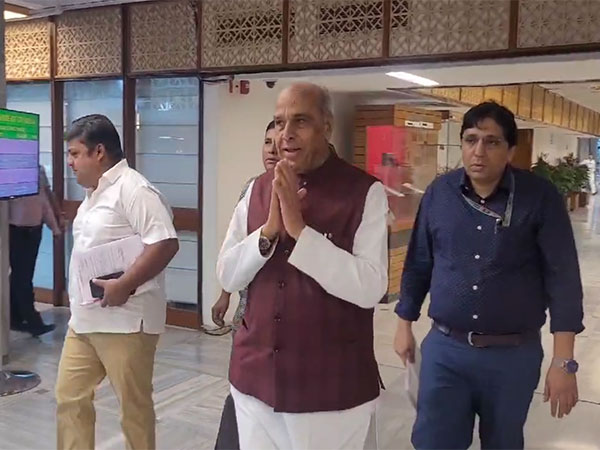Opposition, Chaos and Reforms: Inside the Waqf Bill Scuffle
In a heated series of discussions over the Waqf (Amendment) Bill, 2024, opposition MPs caused disruption, voicing concerns over the lack of government oversight on presentations by the Delhi Waqf Board. Amid allegations of bias, efforts continue to reform the Waqf Act to better serve community interests.

- Country:
- India
A committee meeting involving the Delhi Waqf Board and Minority Affairs representatives on Tuesday erupted into chaos as opposition MPs objected to the board's presentations without Delhi government's approval. The MPs deemed this action illegal, escalating tensions during the talks on the 'Waqf (Amendment) Bill, 2024'.
Previously, on Monday, opposition MPs walked out of a session led by Jagdambika Pal at the Parliament Annexe, criticizing what they viewed as biased proceedings. They accused the Municipal Corporation of Delhi commissioner and Delhi Waqf Board CEO Ashwini Kumar of altering the initial board report and bypassing Chief Minister approval. Despite these tensions, the MPs returned to join the committee discussion.
In an effort to gather comprehensive feedback on the proposed amendments, the committee invited input from Waqf Boards of Haryana, Punjab, and Uttarakhand, as well as organizations like Call for Justice and the Waqf Tenant Welfare Association. Further discussions with the Ministry of Minority Affairs are scheduled for October 29 to shape the reforms.
Tensions have been high, especially after a heated exchange on October 22 between BJP's Abhijit Gangopadhyay and TMC's Kalyan Banerjee, which allegedly led to a physical altercation. This series of meetings forms part of a national push to reform the Waqf Act, aiming for digitization, auditing, and legal mechanisms to reclaim misused properties.
Introduced in the Lok Sabha in August, the Waqf (Amendment) Bill, 2024 strives for heightened transparency and governance to ensure Waqf properties benefit the community. The Joint Parliamentary Committee is overseeing this crucial reform with extensive consultations across states and territories.
(With inputs from agencies.)










